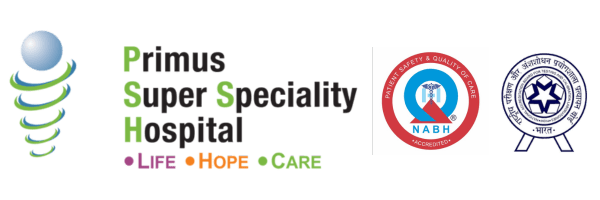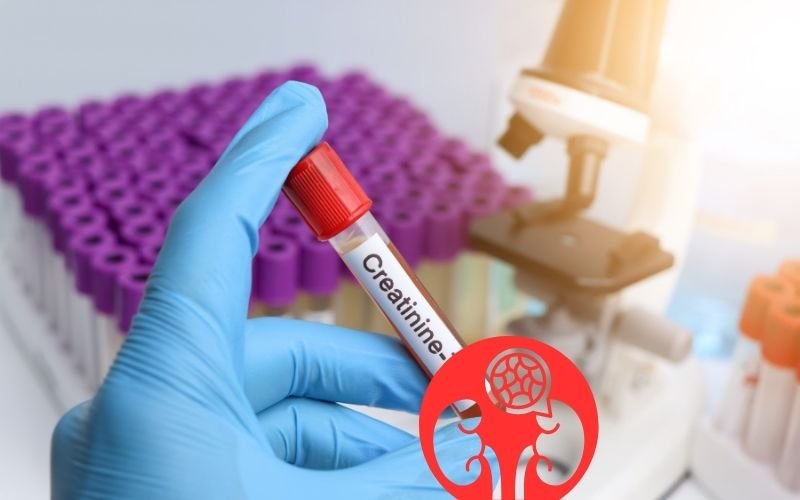Creatinine is a byproduct of our body. It is created when the muscles consume energy in the course of everyday functioning. Kidneys cleanse blood of creatinine and excrete it to urine. A small variation in the level of creatinine is normal whereas a dramatic rise raises a concern of having the issue with the functioning of the kidney. Knowledge of what is safe and unsafe may save the health of kidneys in the future.
This article describes creatinine in the kidneys. We will take a look at what the safe range is, the interpretation of test scores, causes of elevated values and how to keep your kidneys healthy
What is Creatinine and Why Does It Matter?
Creatinine comes from the breakdown of creatine. A chemical that supplies energy to muscles. Because the body produces it at a steady rate it is a reliable marker of kidney health. Healthy kidneys keep creatinine in check
When the kidneys are healthy, creatinine benefits include being a useful signal to doctors about how well the kidneys filter waste. If levels rise, it can point to possible kidney problems before symptoms become serious
What is the Creatinine Normal Range?
The creatinine normal range varies slightly between labs but for most adults:
- Men: 0.7 to 1.3 mg/dL
- Women: 0.6 to 1.1 mg/dL
Children and older adults may have lower values. A small temporary rise can happen after heavy exercise, dehydration or eating a high-protein meal. Persistent high results may require medical review by a Urologist in Delhi or kidney specialist
What Creatinine Level is Safe for the Kidneys?
The safe creatinine level varies with respect to age, bulk and health. A normal range of values in a healthy adult would normally indicate that the kidneys are working okay
Creatinine is usually considered by doctors along with their estimation of the Glomerular Filtration Rate (eGFR). This provides more understanding of kidney functioning. When creatinine is easily higher than normal but the eGFR is steady, it may indicate that the kidneys are functioning well despite being above normal
When Does Creatinine Signal Kidney Problems?
Creatinine kidney problems can begin when levels climb far above the normal range. This may indicate reduced kidney filtration. Common triggers include:
- Chronic kidney disease
- Severe dehydration
- Kidney infections
- Blockage in the urinary tract
- Certain medicines that affect kidney function
If creatinine stays high over repeated tests it is important to visit the Best kidney hospital in Delhi for further checks
Causes of High Creatinine Beyond Kidney Disease
While kidney problems are a major cause creatinine can rise for other reasons too:
- Intense exercise: Muscle breakdown releases more creatinine
- High-protein diet: More protein can increase creatinine temporarily
- Medicines: Some medicine affect kidney blood flow or function
- Injury: Muscle damage releases creatinine into the blood
These causes are often reversible once the underlying factor is addressed
How Creatinine Tests in Delhi Work?
A creatinine test measures the amount in blood and sometimes in urine. The blood test is quick and can be done at any hospital in Delhi. A urine test, collected over 24 hours, can give more detail about how much creatinine the kidneys filter daily
Doctors may also order an eGFR test based on the creatinine value, age, gender and body size. This helps detect early signs of kidney decline
Steps to Maintain a Healthy Creatinine Level
If your creatinine is within the safe range simple lifestyle habits can help keep it there:
- Drink enough water daily to prevent dehydration
- Eat a balanced diet with moderate protein
- Avoid unnecessary use of painkillers and certain antibiotics
- Get regular kidney function checks if you have diabetes or high blood pressure
- Limit salt intake to protect kidney health
Following these steps can reduce the risk of creatinine kidney problems and improve overall wellness
How to Lower High Creatinine Safely
If creatinine is high treatment depends on the cause. For mild, temporary increases adjustments to diet and fluid intake may help. For ongoing treatment doctors may recommend:
- Managing underlying conditions like diabetes or hypertension
- Adjusting or stopping certain medications
- Treating urinary blockages or infections
- Following a kidney-friendly diet low in sodium and potassium
A Nephrology hospital in Delhi can provide a detailed care plan to bring creatinine back to a safe range
The Role of Specialists in Managing Creatinine Issues
A Urologist in Delhi dedicates his time towards urinary tract and bladder problems that may lead to complications of kidneys. A kidney doctor is called nephrologist. The two will be able to collaborate and determine the cause of elevated creatinine and prescribe treatment
The long-term health of your kidneys will be assured by visiting the Best kidney hospital in Delhi since it will provide superior tests, specialists, and care.
The levels of creatinine are not only a digits in a report. It is an excellent instrument in detecting alterations in kidney health at an early stage. Being in the normal range of creatinine is safe in most healthy adults. Rapid response may alleviate long-term damage should there be an increase in levels
Primus Hospitals is a good facility when expert advice, proper testing, and advanced treatment are needed. We provide global standard services for kidney related problems as one of the top Nephrology hospitals in Delhi. When it has experienced experts, latest amenities and patient-centered treatment it is one of the finest kidney hospitals in Delhi
The best you can do to have safe creatinine levels and save your kidneys forever is to regularly monitor your blood and urine, lead a healthy lifestyle and seek medical assistance early













